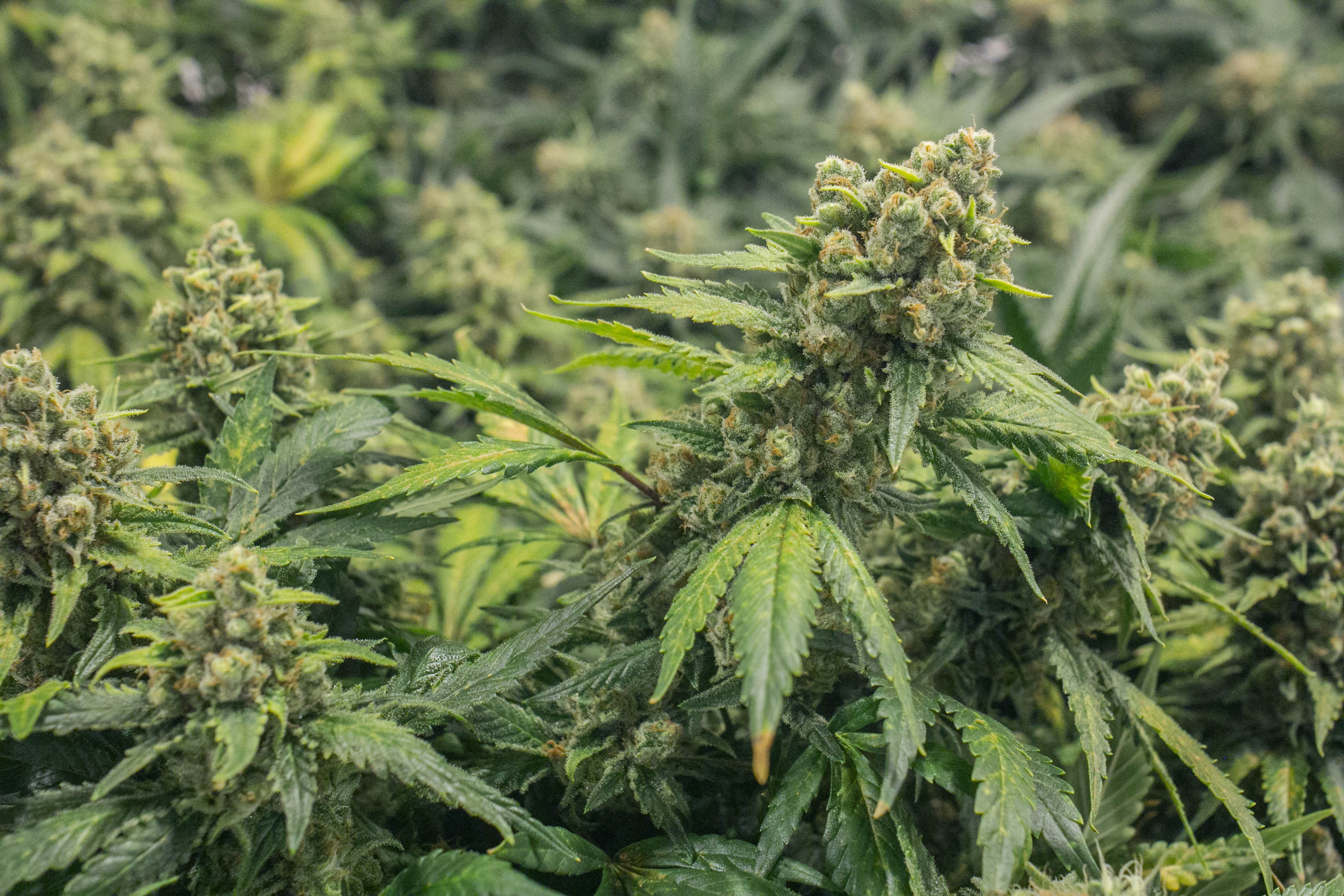
Beyond Recreation: The Growing Role of Cannabis in Holistic Therapies at Dispensaries
The use of cannabis in holistic therapies has been gaining significant attention in recent years, and dispensaries have emerged as key players in this evolving landscape. Beyond its recreational use, cannabis has demonstrated potential in promoting overall well-being and alleviating various health issues. This article takes a deep dive into the expanding role of cannabis in holistic therapies at dispensaries, covering its applications, benefits, and insights from first-hand experiences and credible sources.
The Science Behind Cannabis as a Holistic Therapy
Cannabis, also known as marijuana, is derived from the Cannabis sativa plant and contains various chemical compounds called cannabinoids. Two of the most well-known cannabinoids are delta-9-tetrahydrocannabinol (THC) and cannabidiol (CBD). These compounds interact with the body’s endocannabinoid system, influencing various physiological processes, including pain perception, mood, and immune response.
Holistic Approach at Dispensaries: Treating the Mind and Body
At dispensaries, the holistic approach emphasizes the integration of physical, mental, and emotional well-being. Holistic therapies aim to treat the root cause of ailments rather than just the symptoms. Cannabis, with its potential to address multiple aspects of health, has become a valuable tool in this endeavor.
Expanding Applications of Cannabis in Holistic Therapies
1. Pain Management and Relief
Cannabis has long been recognized for its analgesic properties, making it an effective option for pain management. CBD, in particular, has shown promise in reducing chronic pain and inflammation without the psychoactive effects associated with THC.
2. Anxiety and Stress Reduction
As individuals seek natural remedies for stress and anxiety, CBD has emerged as a popular choice due to its anxiolytic effects. It interacts with receptors in the brain associated with mood regulation, promoting a sense of calm and relaxation.
3. Sleep Disorders
Insomnia and sleep-related issues can significantly impact overall well-being. Cannabis, when used in appropriate doses, has shown potential in improving sleep quality and addressing sleep disorders.
4. Managing Depression
Depression is a complex mental health condition that affects millions of people worldwide. Some studies suggest that cannabis, particularly strains with higher CBD content, may aid in managing depressive symptoms.
5. Boosting Appetite
In holistic therapies, cannabis is often used to stimulate appetite, making it beneficial for patients undergoing treatments that lead to appetite loss.
LSI Keywords: A Vital Component in Holistic Therapy
LSI (Latent Semantic Indexing) keywords play a vital role in optimizing the content for search engines. These keywords are semantically related to the main keyword, “Beyond Recreation: The Growing Role of Cannabis in Holistic Therapies at Dispensaries,” and aid in delivering valuable and relevant information to users.
Current Trends Shaping the Cannabis Industry
The cannabis industry is evolving rapidly, with emerging trends that impact its role in holistic therapies:
1. Product Diversification
Dispensaries are expanding their product offerings beyond traditional cannabis flower to include oils, tinctures, edibles, and topicals. This diversification provides users with various consumption methods to suit their individual needs.
2. Focus on Research and Development
As the stigma around cannabis diminishes, there’s a growing focus on research and development to explore its potential benefits fully. This includes investigating new strains, extraction methods, and delivery systems.
3. Personalized Holistic Regimens
Dispensaries are tailoring holistic regimens to individual needs, taking into account factors such as health conditions, lifestyle, and preferences. This personalized approach enhances the overall effectiveness of cannabis-based therapies.
FAQ’s
Q: Can cannabis be used as a replacement for conventional medications?
A: While cannabis shows promise in various therapeutic applications, it should not be considered a replacement for conventional medications without consulting a healthcare professional. Integrating cannabis into holistic therapies should be done under medical supervision.
Q: Is CBD legal everywhere?
A: The legality of CBD varies by country and state. In some regions, CBD is legal for both medical and recreational use, while in others, it may be restricted to medical use only. It’s essential to familiarize yourself with the laws in your area.
Q: Can cannabis be addictive?
A: Cannabis has the potential for dependency and addiction, primarily when used excessively or in high-THC products. Individuals with a history of substance abuse should exercise caution and seek professional guidance.
Q: Are there any side effects of using cannabis in holistic therapies?
A: While cannabis generally has a favorable safety profile, some individuals may experience side effects such as dry mouth, dizziness, or changes in appetite. These effects are usually mild and temporary.
Q: What are the best practices for using cannabis in holistic therapies?
A: The best practices involve starting with low doses and gradually increasing as needed. Seek guidance from knowledgeable dispensary staff or healthcare professionals for personalized recommendations.
Q: Can cannabis-based therapies benefit pets?
A: There’s growing interest in using cannabis-based products for pets, particularly for managing pain and anxiety. However, pet owners should consult veterinarians familiar with cannabis use in animals.
Conclusion
As the perception of cannabis continues to evolve, its role in holistic therapies at dispensaries is gaining recognition. The applications of cannabis in pain management, anxiety reduction, sleep disorders, and more highlight its versatility in promoting overall well-being. Dispensaries are at the forefront of providing personalized and evidence-based holistic regimens that cater to individual needs. However, it’s crucial to approach cannabis use responsibly, with proper guidance from healthcare professionals, to ensure safe and effective outcomes.